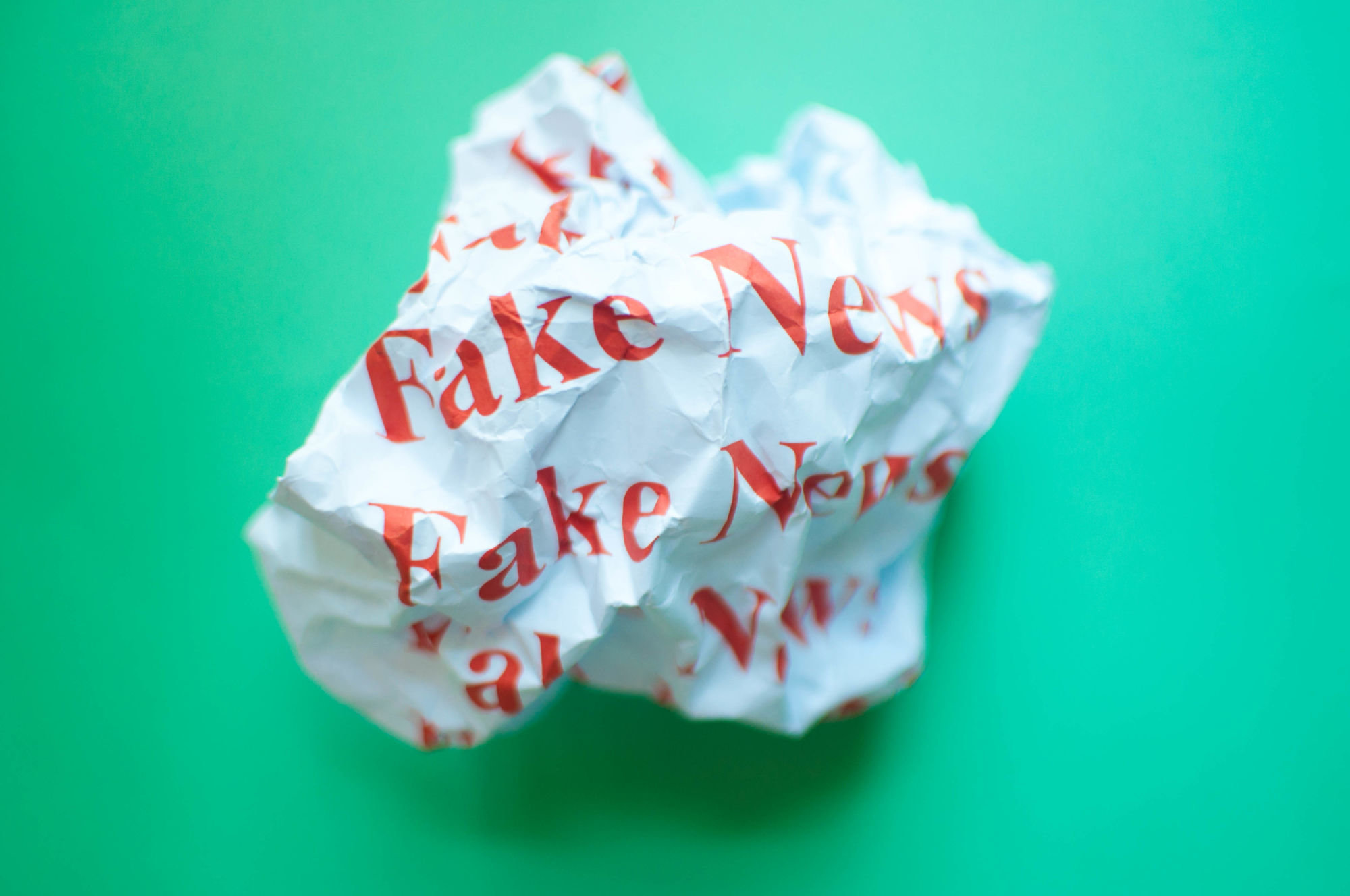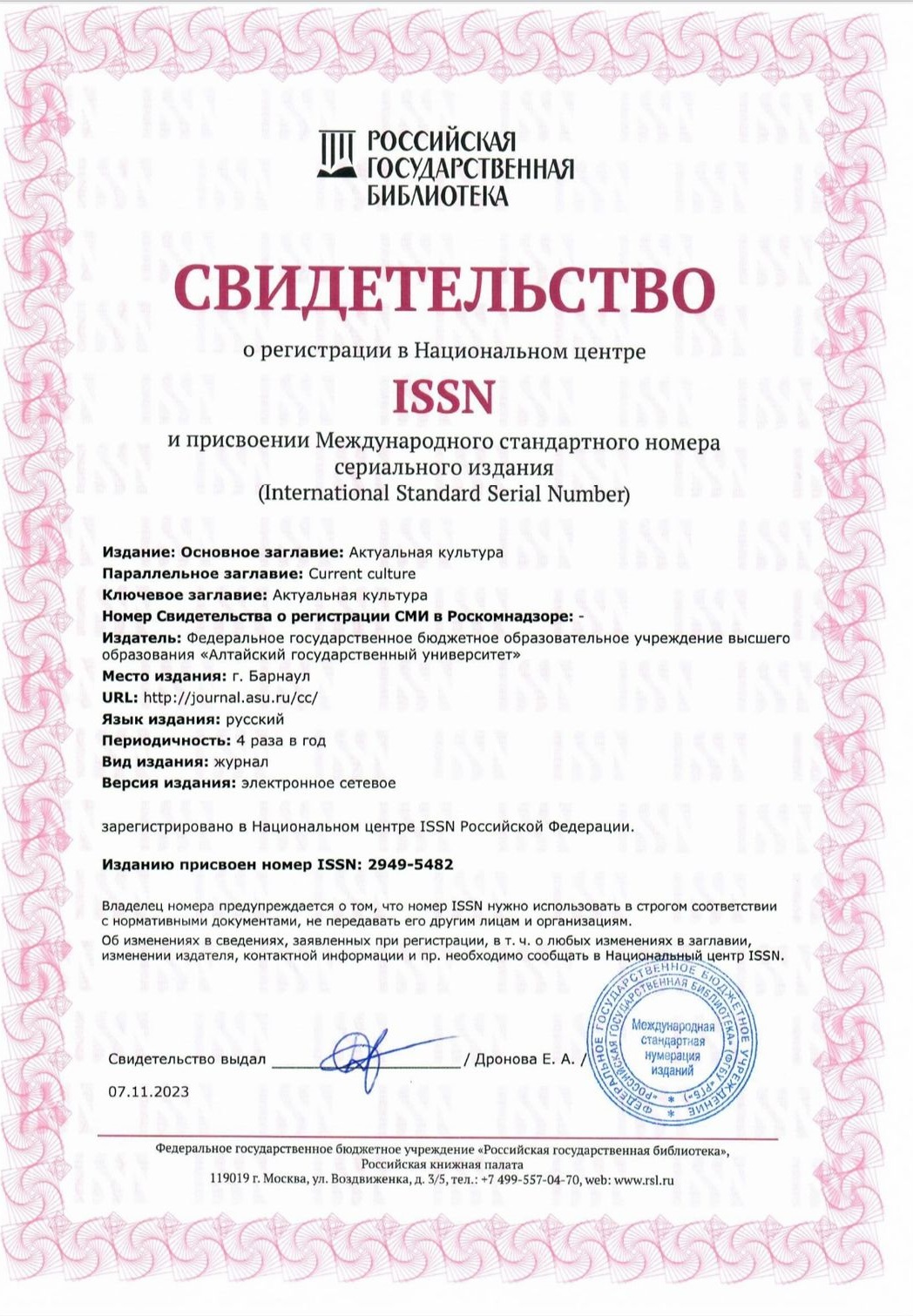ГЕНЕЗИС И ЭКСПАНСИЯ ФЕЙКОВ В КУЛЬТУРЕ ОТЕЧЕСТВЕННЫХ МАССМЕДИА
УДК 070
Аннотация
В статье рассматривается феномен фейка как конструкта современного информационного пространства, причины его возникновения и механизмы распространения в массовой коммуникационной сети. Проводится анализ фейков о Covid-19, изучаются схемы и драйверы воспроизводства массивов фейковой информации. Исследование проводится на базе теоретических представлений о системном характере функционирования информационного пространства. Применяются стандарты и инструменты фактчекинга как ключевого элемента журналистской деятельности в условиях хаотизации информационных потоков с опорой на категориальный аппарат концепции «картины мира». Делается вывод о появлении в период пандемии фантомов массмедийного пространства, представляющих собой значительный фрагмент виртуальной реальности. Под фантомами понимается круг сконструированных в цифровой среде фейковых явлений, которые являются целиком ложными, призрачными в своей основе, но, тем не менее, оказывающими значительное влияние на социальную жизнь, социальное поведение людей, на процессы в СМИ и социальных сетях.
Скачивания
Литература
2. Иссерс О.С. Медиафейки: между правдой и мистификацией // Коммуникативные исследования. 2014. № 2(2). С. 112-123.
3. Королев И.А. К определению понятий «верификация» и «фактчекинг» в теории и практике журналистики // Журнал Белорусского государственного университета. Журналистика. 2022. № 1. С. 28-34.
4. Соколова Д.В. Специфика фактчекинга в цифровой среде // Век информации. 2018. № 2(1). С. 231-232.
5. Суходолов А.П. Феномен «Фейковых новостей» в современном медиапространстве // Евроазиатское сотрудничество: гуманитарные аспекты. 2017. № 1. С. 87-106.
6. Ireton C., Posetti J. Journalism, fake news & disinformation. Paris: UNESCO, 2018. 128 p.






